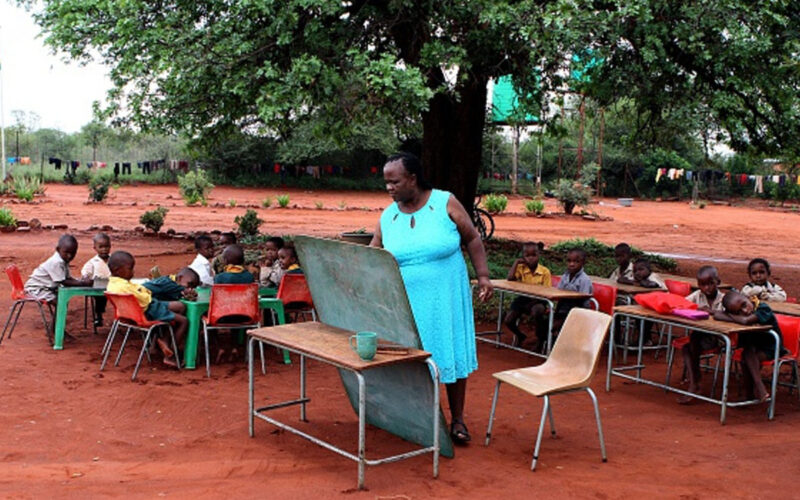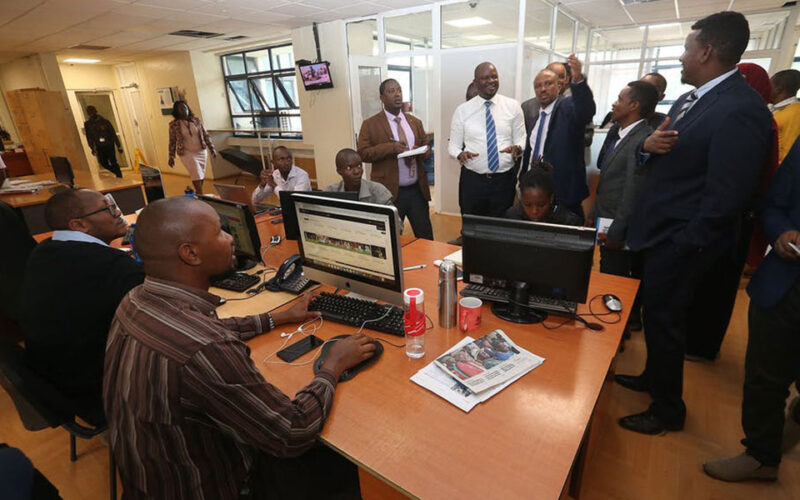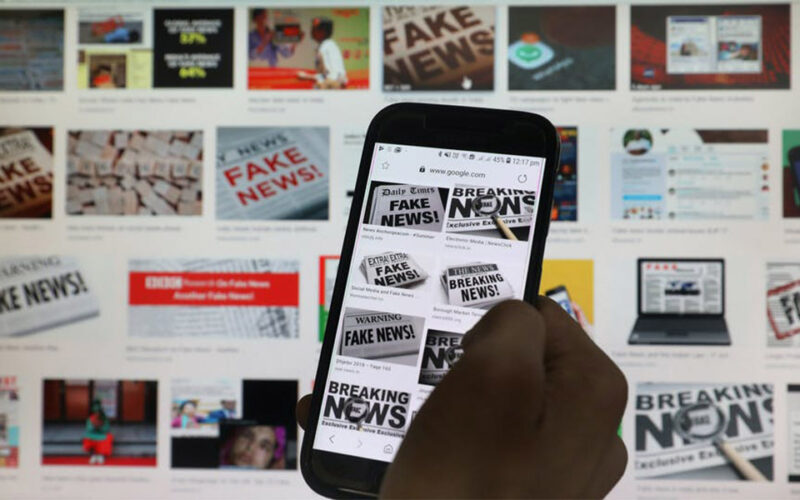
Deepfakes are still new, but 2024 could be the year they have an impact on elections
DISINFORMATION caught many people off guard during the 2016 Brexit referendum and the US presidential election. Since then, a mini-industry has developed to analyse and counter it. Yet despite that, we have entered 2024 – a year of more than 40 elections worldwide – more fearful than ever about disinformation. In many ways, the problem is more challenging than it was in 2016. Advances in technology since then are one reason for that, in particular the development that has taken place with synthetic media, otherwise known as deepfakes. It is increasingly difficult to know whether media has been fabricated by…



